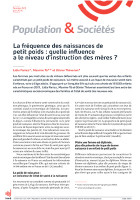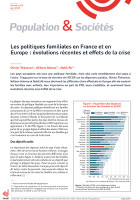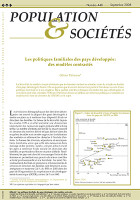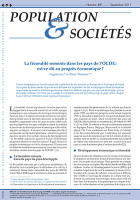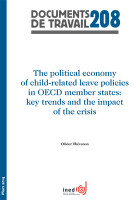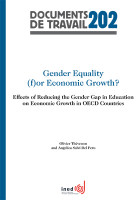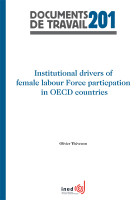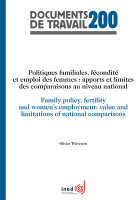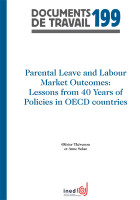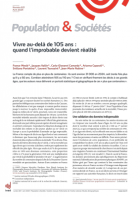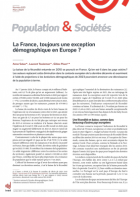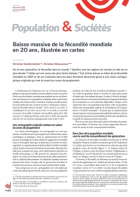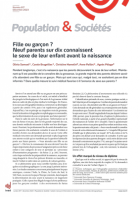
@@src2@@
The impact of family policy package on fertility trends in developed countries
Collection : Documents de travail
n° 174, 2012, 51 pages
- Family policies and fertility in OECD countries: data and trends
- Empirical
- Procedure
- Regression results
- Discussion
We examine how far fertility trends respond to family policies in OECD countries. In the light of the recent fertility rebound observed in several OECD countries, we empirically test the impact of different family policy settings on fertility, using data from 18 OECD countries that spans the years 1982 to 2007. Our results confirm that each instrument of the family policy package (paid leave, childcare services and financial transfers) has a positive influence, suggesting that the addition of these supports for working parents in a continuum during the early childhood is likely to facilitate parents’ choice to have children. Policy levers do not have similar weight, however: in-cash benefits covering childhood after the year of childbirth and the coverage of childcare services for children under age three have a larger potential influence on fertility than leave entitlements and benefits granted around childbirth. Our findings are robust once controlling for birth postponement, endogeneity, time lagged fertility reactions and for different national contexts, such as economic development, female employment rates, labour market insecurity and childbearing norms.


